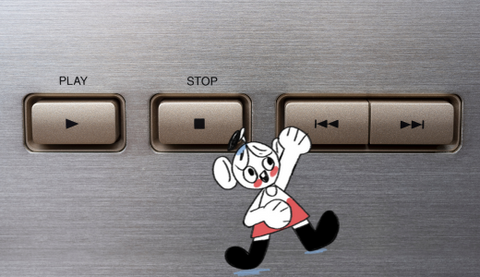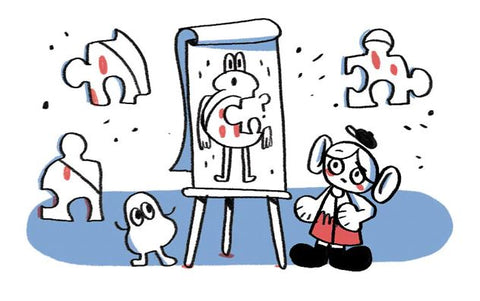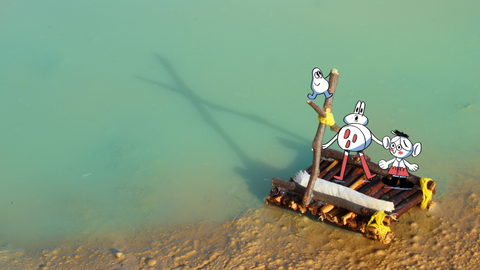"Any more?" or "anything else?" are questions you've probably heard asked a thousand times in meetings or workshops.
But why do these questions make us blank?
The problem is that they are 'closed' questions.
Closed questions invite a "yes" or "no" response - and our brain tends to wander to "no".
"Any more? ... no? Okay, moving on."
It can sound like a polite attempt to end the conversation. Not exactly what we want when generating ideas!
Coming up with ideas is hard.
The last thing we want is to make it even harder by asking bad questions. It's a mystery how we acquire this terrible habit. Still, until you are aware of it, we are oblivious to how ineffective closed questions are.
To get as many ideas as possible, we need to ask 'open' questions.
It's hard to answer "yes" or "no" to an open question; instead, they make you think of multiple answers. When we use open questions in our workshops, we get better engagement and ultimately, better output.
Open questions start with "what" "how" and "why".
"When" and "who" tend to be more 'closed' in nature, as they lead to specific answers. This is great if you're trying to create accountability at the end of a workshop. Check out the Who, What, When tactic.
In most workshop scenarios, there is one particularly effective open question you can use:
"What else?"
The more you repeat this, the more effective it becomes.
When you stick to your guns and repeat "what else?" - it throws the ball back to the room. It keeps the conversation open with infinite possibilities. You may think you sound like a broken record, but it works because of its insistence of more ideas.
"Any more?" closes the mind. "What else?" opens the mind, and keeps ideas flowing.
For example, when you are using the Session Principles tactic with a group. The main activity is getting ideas about what rules the session should have. "What else?" is excellent at keeping the room contributing.
Uttering the fatal "any more?" would imply you've got enough, and kill idea generation in its tracks.
Isn't "what else?" too vague?
It may appear so, but that's precisely why it's so effective. It doesn't specify what you're asking for. It demands a response that could be anything.
When you next find yourself asking a group for input - keep asking: "what else?"
In a nutshell:
- Closed questions are good if you want a straight "yes" or "no".
-
Open questions are the magic key to getting the most out of a room of people, because they don't allow the mind to wander to "no".
For more top tips, check out our blogs on preparing yourself for great workshop facilitation, or why you might want to run your next workshop in silence.









